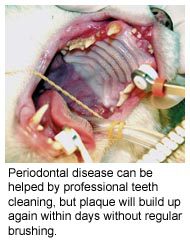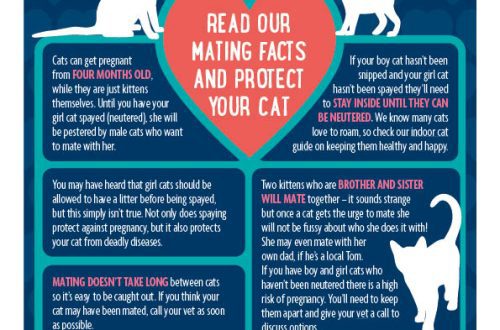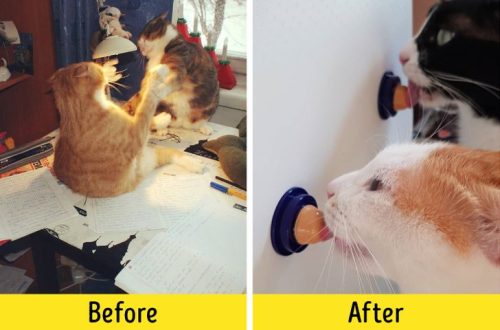
Cat’s bad breath
Ideally, a cat should not have a “nasty” smell from its mouth. But if you find an unpleasant and even putrid smell, this suggests that the pet should be brought to a veterinary clinic for examination to rule out serious health problems.
What is halitosis and what causes it
Halitosis is a symptom of any disorders in the cat’s body, characterized by a strong smell from the mouth. Unpleasant odor is produced by metabolic products of anaerobic microorganisms that form colonies on food fragments stuck between the teeth and which also lead to the formation of plaque and calculus.
Causes of halitosis can be:
- Diseases of the oral cavity and teeth, including infectious ones, for example, calicivirus. Plaque and tartar, cysts, stomatitis, gingivitis and other diseases can cause a strong bad breath.
- Some diseases of the digestive system, such as helminthiases, can cause halitosis;
- Diseases of the internal organs. In some kidney diseases, cats may also experience halitosis;
- The presence of malocclusion or milk teeth that have not fallen out in time can lead to a greater accumulation of pieces of food between the teeth, which leads to the development of plaque and calculus and is often accompanied by halitosis;
- The smell of acetone from the mouth can appear in pets with diabetes.
You should also pay attention to other symptoms of diseases of the oral cavity:
it is difficult for a pet to chew food;
the cat eats little or does not eat at all;
the animal sleeps a lot;
losing weight quickly.
If you notice these or other symptoms, then be sure to show your pet to a veterinarian.
How to deal with bad breath?
Get rid of the smell from the mouth will work only after eliminating its cause. Contact your veterinarian immediately for an accurate diagnosis and treatment. Most often, the removal of tartar helps to remove bad breath: this procedure is painless and is performed using ultrasound in a veterinary clinic. In other cases, a veterinarian may recommend: a change in diet, medication, and even surgery.





